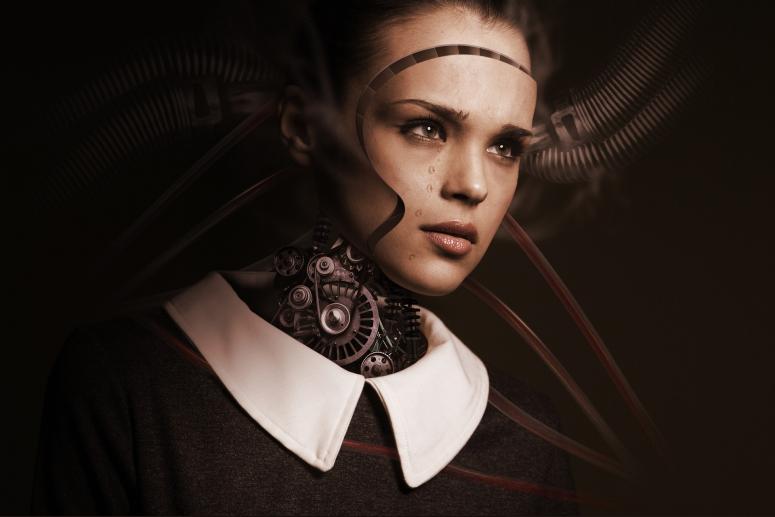
AI in recruitment is a hot topic with the possibilities seeming infinite, with the promise of shortening screening times, scanning candidates, reviewing CVs more quickly to key match words with job specs; finding both the client and candidate the perfect career and employee.
One of the early moves towards AI is the use of chatbots. It’s been suggested that they could be used to initially screen candidates; finding out key information from the uploading of a CV, creating candidate profiles and shortlisting applicants. It’s thought that the use of them is more efficient in terms of real time updates, feedback and the availability of answering questions. The aim is to create an efficient relationship with candidates through the chatbots, as they ‘learn’ how to identify priority candidates and even the best time and means to reach them. This seems incredibly efficient and seamless; knowing how and when to always reach candidates and the laborious task of CV writing, shortlisting and scheduling fulfilled by a machine counterpart.
Although no one will disagree that the removal of monotonous tasks will free up valuable time to speak with candidates and clients, the removal of the initial personal process of phoning candidates is too important to not be personal. A skilled recruiter uses that first conversation to extract the relevant information which isn’t always on the CV, there is no standard way to write a CV and even candidates forget the most necessary information.
It’s important to talk through and establish what the candidate is looking for and how they feel about different options. Through a simple open-ended conversation, a recruiter could gather information that a chatbot couldn’t; a conversation and understanding which can be more complex that a standardised set of questions. The quality recruiter can also professionally and delicately point the candidate in a different direction and suggest other ideas, a potentially un-programmable ability to spot a great potential candidate and fit them to the right role. Then there’s the composing of a profile for submission to the client, which for a skilled recruiter is an art, not just a reworking of words.
It’s also worth noting the chatbot experience itself from a candidate view point. It can feel impersonal and as if the information you submit isn’t really going anywhere. What is important to consider is the process the candidate will undertake to engage with your recruitment transaction. Do candidates want to be greeted by a chatbot, with a set code of generic questions to get basic details?
The process of looking for a new job can often make you feel like you aren’t getting anywhere, many applications sent out, yet nothing back. A specialist and experienced recruitment consultant will offer a sense of guidance through the process, a further understanding on what you’re looking for and what the client requires, in order to fill the role so both parties are happy. The chatbot initial screening and questions would just be another way of sending your CV onto a generic jobsite, the opposite of what is expected and wanted when choosing to work with a recruitment consultant.
The intentions of AI are clear, in terms of a chatbot service the economic and time saving benefits it could bring. But when candidates choose to work with a recruitment consultancy, one of the main premises of this is the human aspect, getting through to someone, the feeling of progress it can offer in the process of job hunting. Replacing the initial stage of this with a chatbot will only create a frustrating stage of un-personalisation found with submitting CV’s into large recruitment databases.
Chatbots to many seem a sure-fire way to lose valuable candidates!
